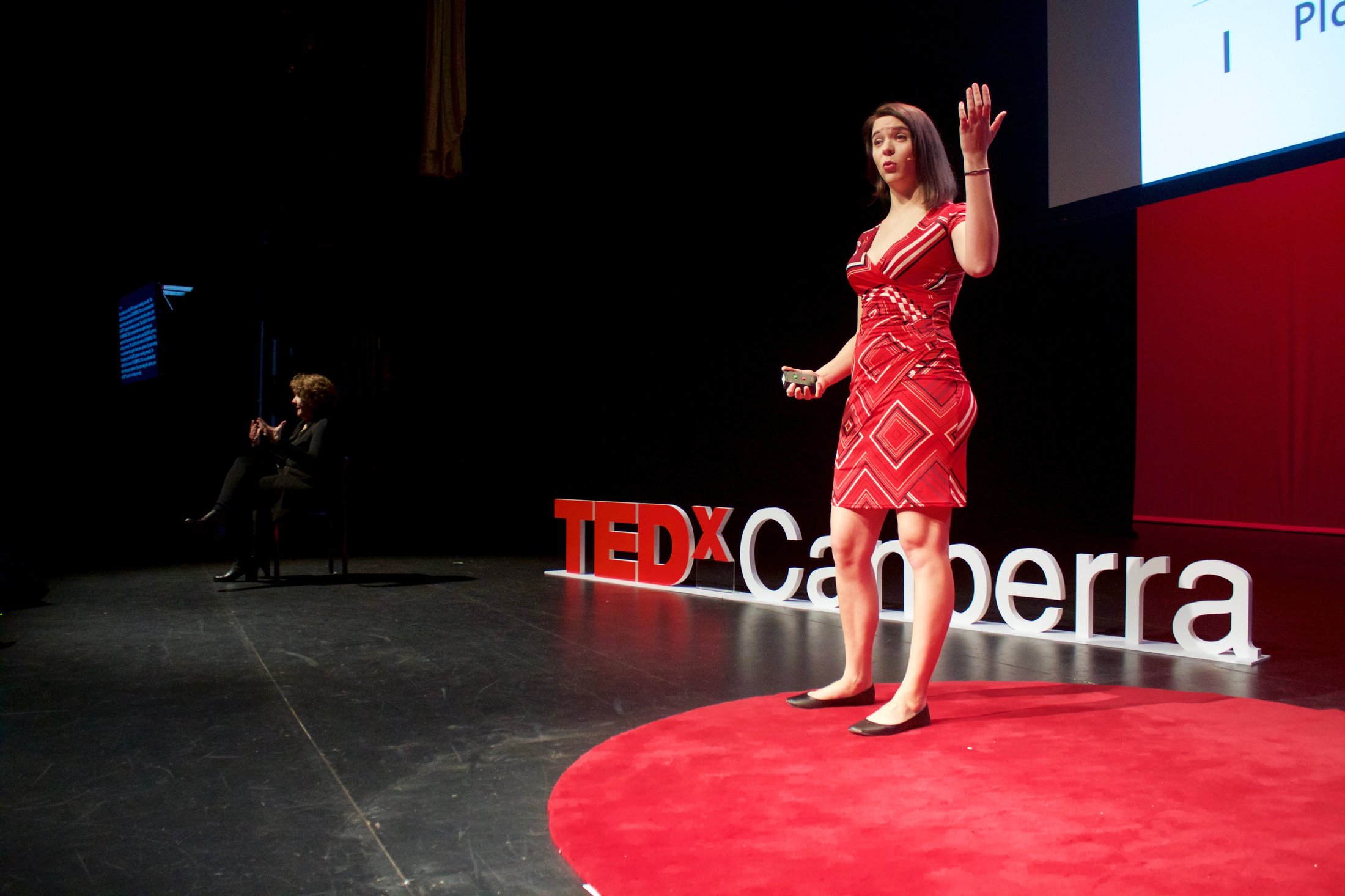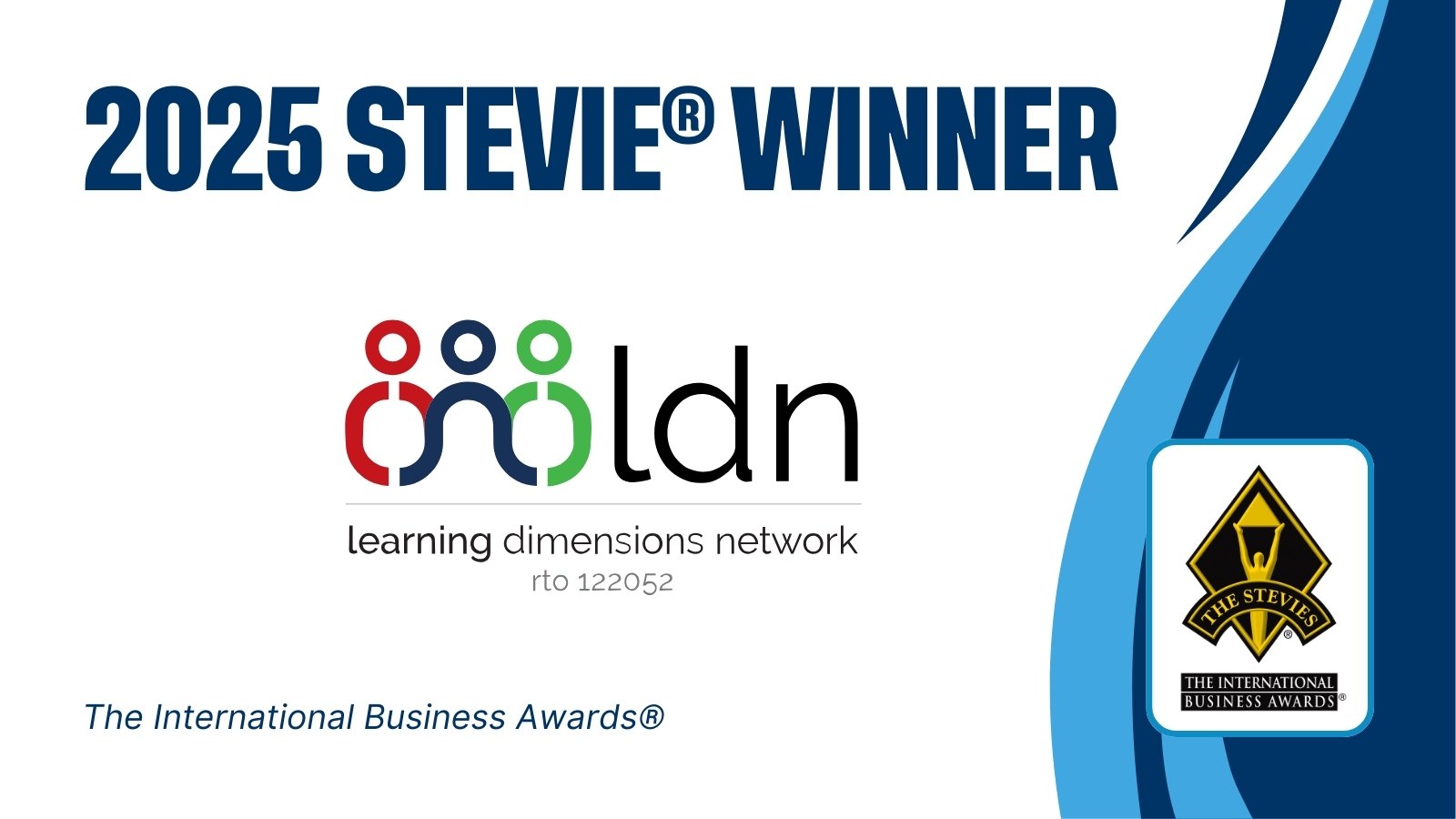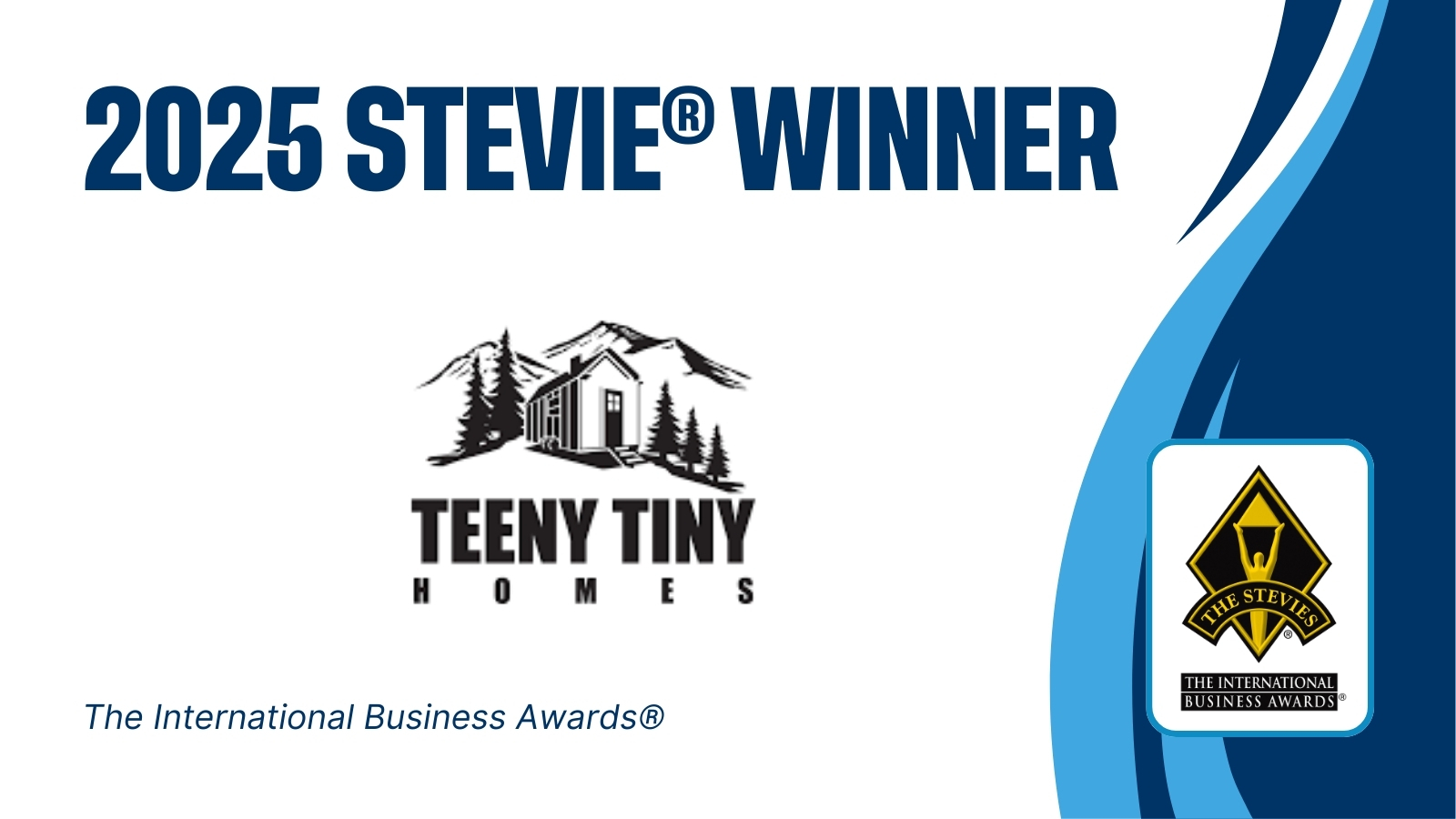Over the last 10 years, gaming culture has grown exponentially across all age groups and genders. From enjoying record-breaking retail numbers to hosting events that attract tens of thousands of fans, gaming has officially left the basements of the world and become one of the main attractions on the world stage.
Gaming and its underlying principles aren’t just restricted to consoles and PCs, though. Gamification is a motivational method that’s increasingly making its way into many organizations. By applying game design elements into non-gaming situations, the practice actively engages teams and individual members. For example, say a real-world business goal is to reach a certain monthly benchmark. Teams can “gamify” the rules and milestones of that practical target to motivate each “player” to do his or her best and, ultimately, to decide a winner.
PentaQuest is an Australian-based company that helps organizations perform better by gamifying individual preferences. These preferences then optimize organizational strategy, culture, and capability.

The company provides custom and off-the-shelf gamified platforms, as well as consulting services, giving them the flexibility to apply their tools to solve a range of challenges related to everything from organizational performance to cultural issues.
New Game, New Players
PentaQuest was founded in 2016 in Canberra, Australia. Their founder, Kerstin Oberprieler, discovered gamification in 2014 and implemented a gamified experience for her colleagues in order to add fun to business- and team-based activities.
“The original design was simply a ‘pen and paper’ experience. It involved a team leaderboard in the office and physical tokens and artifacts,” says James Sellers, a gamification designer at PentaQuest. “Kerstin’s colleagues loved it. Before long, there was enough demand from clients for gamification design, and PentaQuest was born.”
With a proven methodology and track record, the company earns clients through both word of mouth and extensive existing networks.
Yes, Gaming Is Good for You
Whether applied to employees, citizens, customers, or students, gamification promotes positive workplace culture, health, and well-being, and the practice is proving to be effective for governmental departments, schools, multinational companies, and many more entities.
Although gamifying tasks can be a fun motivational tool, PentaQuest makes it clear their core values drive success. Review these six core values to see if your team can benefit from the methodology:
1. Purpose driven
2. Playful
3. Player-centric
4. Ethical
5. Experimental
6. Open to evolution and change
If improved employee engagement is a goal for your company in 2019, look further into how PentaQuest implemented the practice to see if gamification aligns with your career and personal goals.
“PentaQuest is growing quickly, and we are now serving customers from five countries,” says Sellers. “In the coming years, we hope this number will grow significantly as we continue to provide value to thousands of organizations and teams around the world, helping them supercharge performance through a human-centered, playful approach to employee engagement.”
Many established companies are already gamifying programs for their employees. Here are just a handful of businesses enjoying practical success with gamification:
Even human resources are successfully using gamification to drive higher employee engagement and to raise productivity. It’s also resulted in improvement in unexpected areas, such as the promotion of better diet and exercise practices among employees.
Gamification has proven to have a positive impact on employee engagement. By harnessing humans’ natural interest in playing games, participants feel more motivated to solve work-related issues, which, in turn, benefits the company.
PentaQuest won the 2018 Bronze Stevie® Award for Startup of the Year in the 2018 Stevie Awards for Women in Business.
Interested in entering the Stevie Awards for Women in Business this year?













